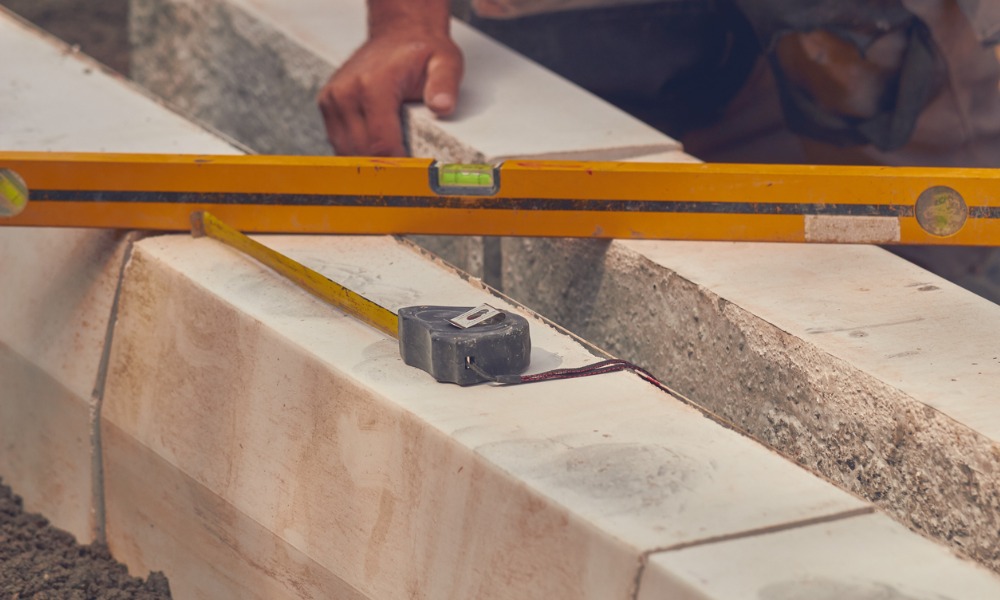
Various states, territories unveil measures to implement historic ban

Australia's nationwide ban on engineered stone took effect Monday.
The ban, the first-ever implemented worldwide, prohibits the use, supply, and manufacture of engineered stone under work health and safety laws.
It will apply to engineered stone benchtops, slabs, and panels, according to the Department of Employment and Workplace Relations (DEWR).
Banning the use of engineered stone will protect employees from developing silicosis and other lung diseases, it said, after Safe Work data confirmed that a "substantial increase" of engineered stone workers have contracted silicosis between 2006 and 2019.
Silicosis is a lung disease resulting from exposure to silica dust, which is generated when working with engineered stone.
The ban follows the agreement among Commonwealth, state, and territory work health and safety ministers in December 2023 in line with a recommendation from Safe Work Australia.
Various states, such as Western Australia and Tasmania, have implemented a transition arrangement that will allow the installation of engineered stone products for contracts signed before January 1 and as long as they get completed by the end of the year.
"We have provided for a six-month transition period away from engineered stone to ensure the best outcome for all," said Tasmanian Consumer Affairs Minister Madeleine Ogilvie in a statement.
Western Australia also plans to introduce stronger work health and safety regulations in September to address the dangers of other silica-containing products that also produce crystalline silica dust.
"From 1 September, we will also introduce stronger regulations to ensure workers are not exposed to fine crystalline silica dust from other silica-containing products," said Industrial Relations Minister Simone McGurk in a statement.
In Victoria, the government has allowed an exception for removal, repair, or modification of engineered stone products installed before July 1.
"This work will be subject to existing control requirements for engineered stone and additional high-risk crystalline silica work regulations," the state government said in its announcement.
In New South Wales, the state government said it will deploy more SafeWork NSW inspectors on the ground to carry out site visits and issue penalties to operators who are not complying with the ban. It also recently allocated $2.5 million from its 2024-25 Budget to help ensure compliance with the new rules.
"Silicosis is preventable, and this ban will save lives," said Work Health and Safety Acting Minister Tara Moriarty in a statement. "Tradespeople who work with these products should not be risking their lives to earn a living."